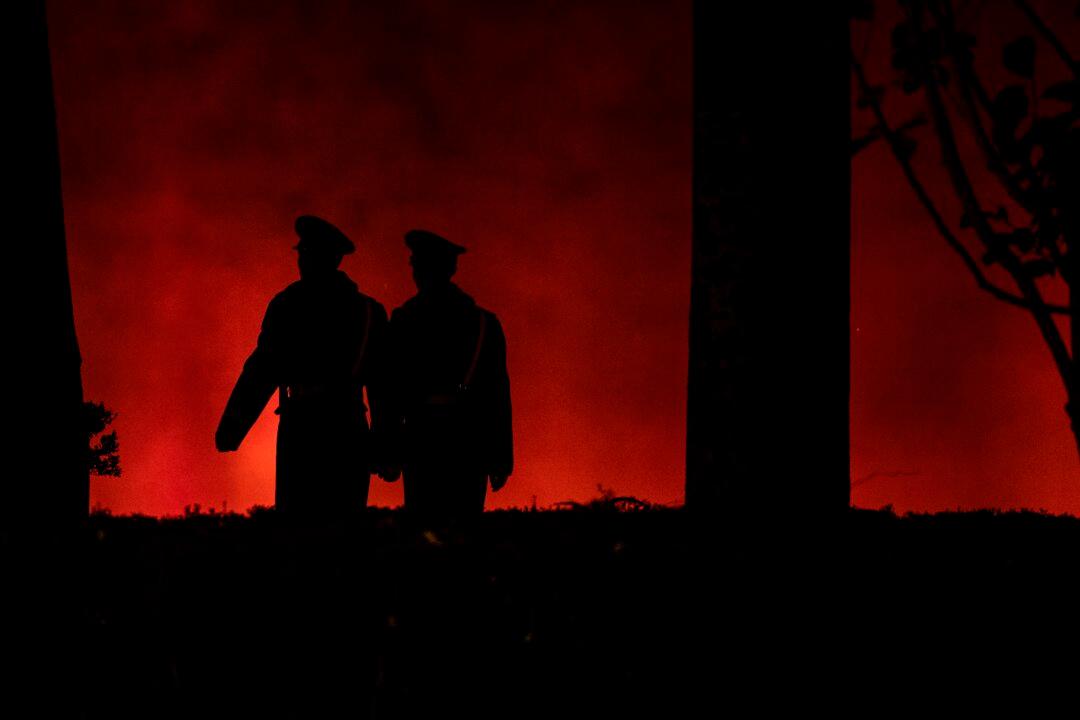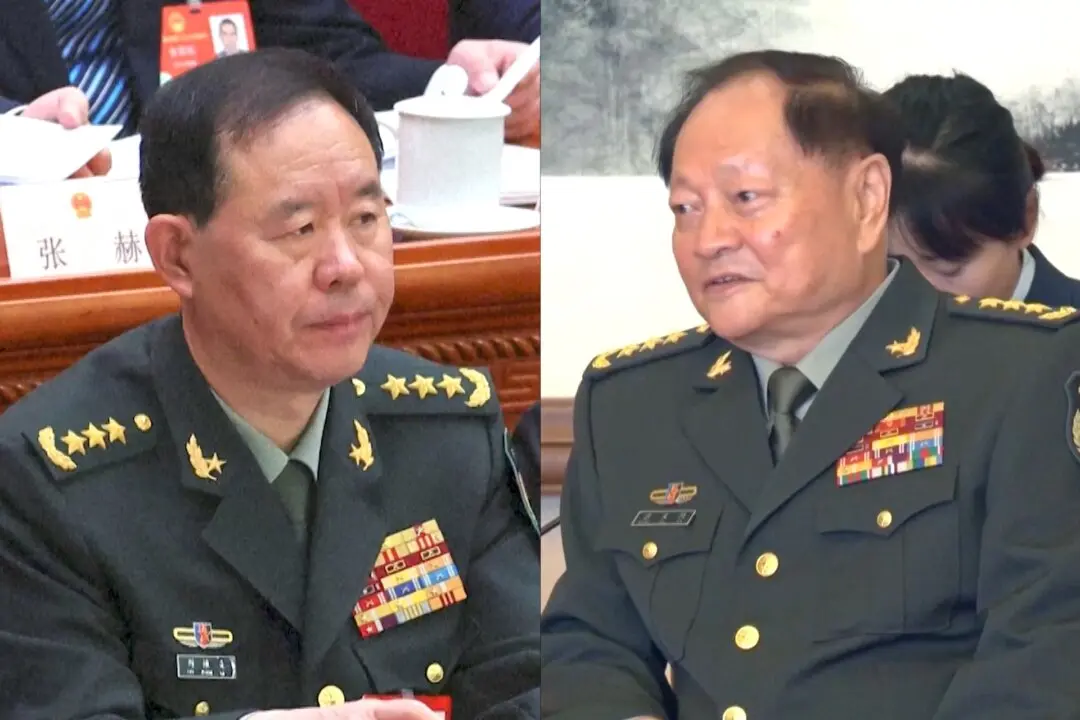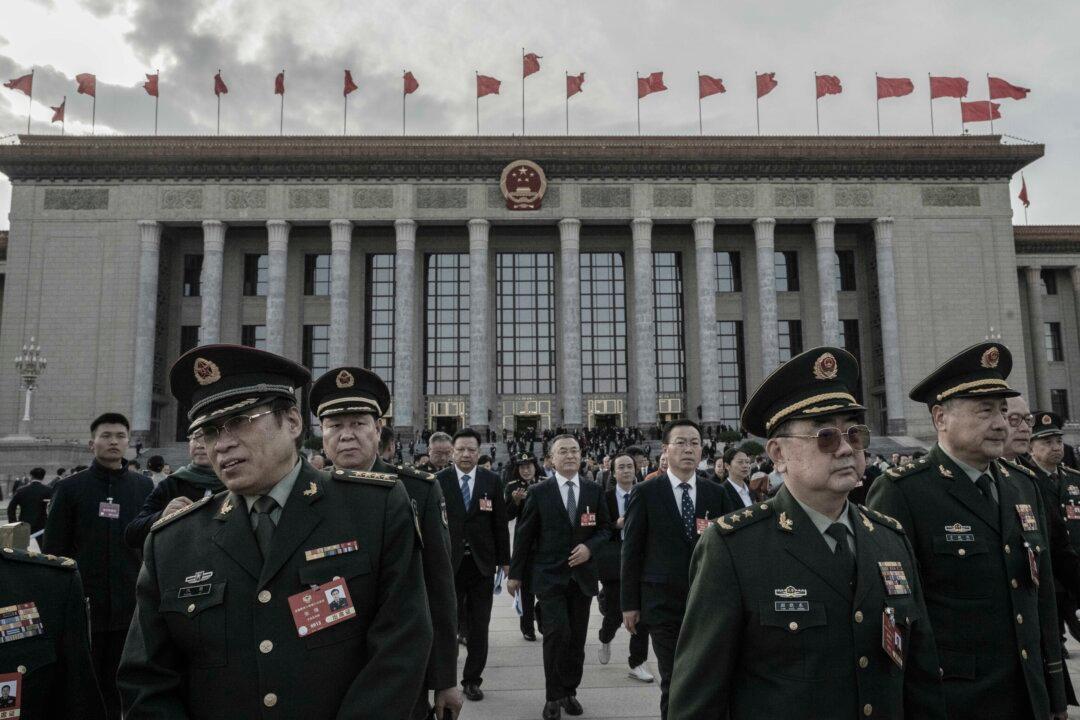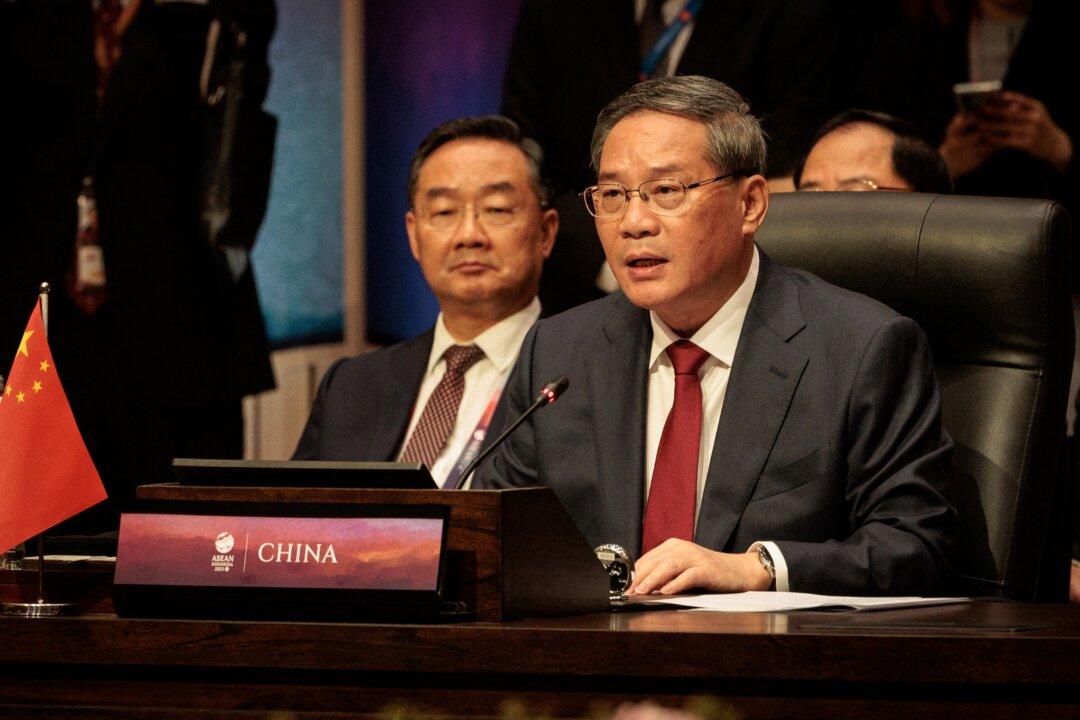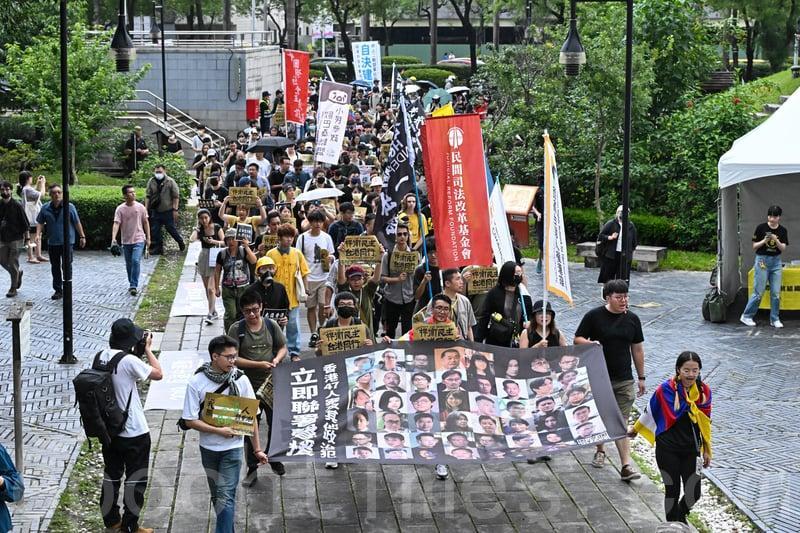Commentary
Beijing issued a communique on Nov. 11, during the conclusion of the sixth plenum of the 19th Central Committee of the Chinese Communist Party (CCP). The plenum praised the Party’s “major achievements and historical experience” over its 100-year history. However, upon close inspection, the communique is just a propaganda campaign.
